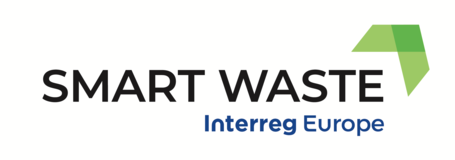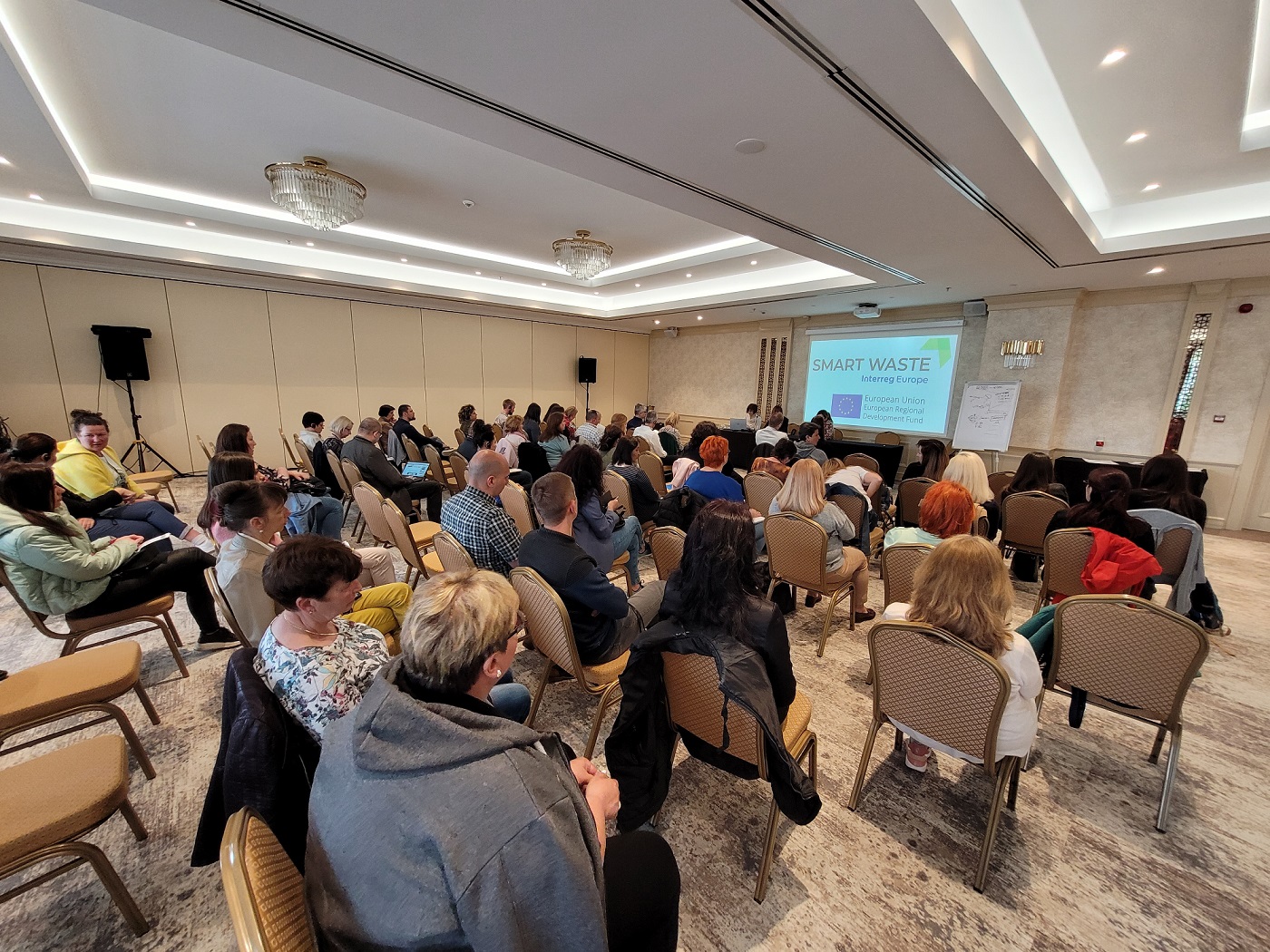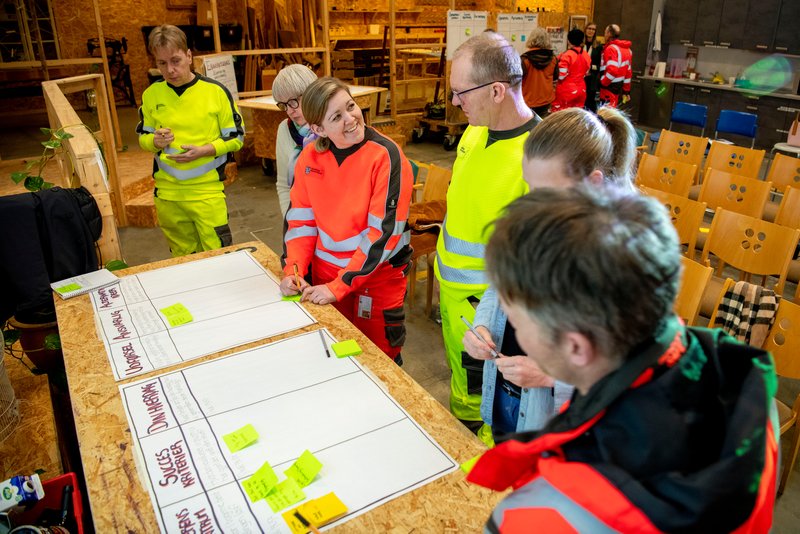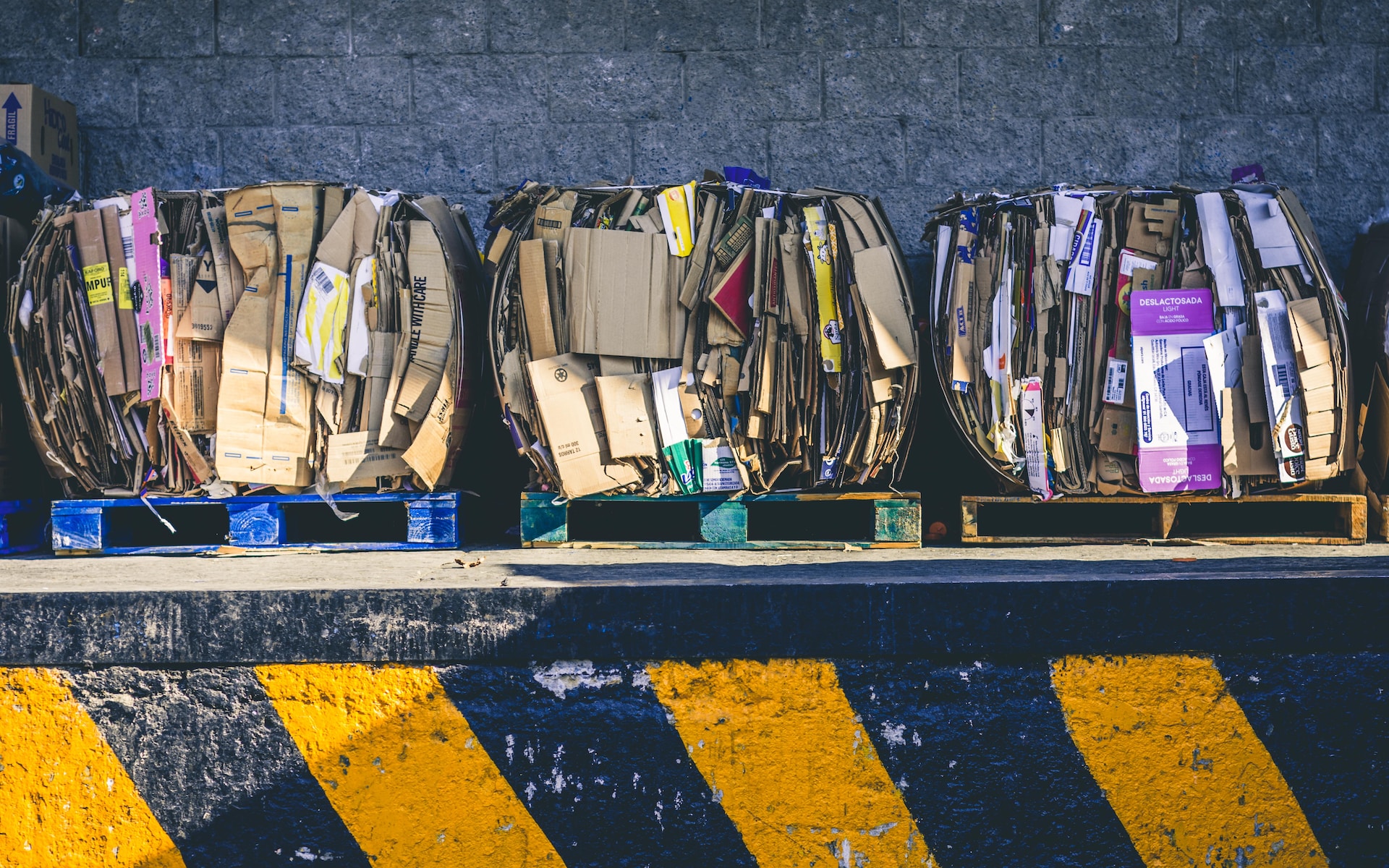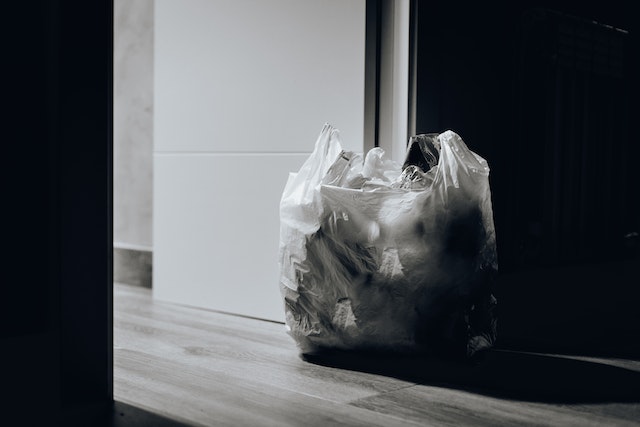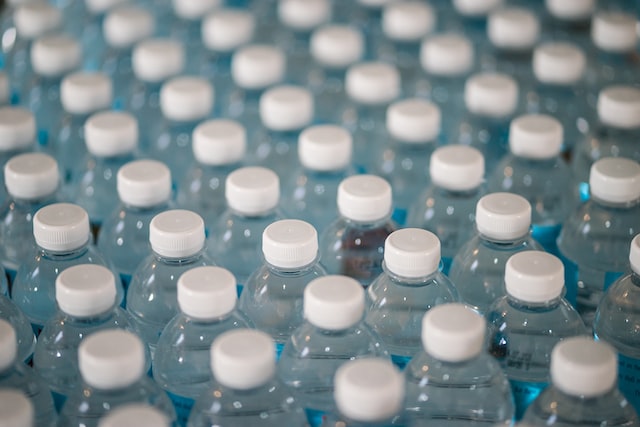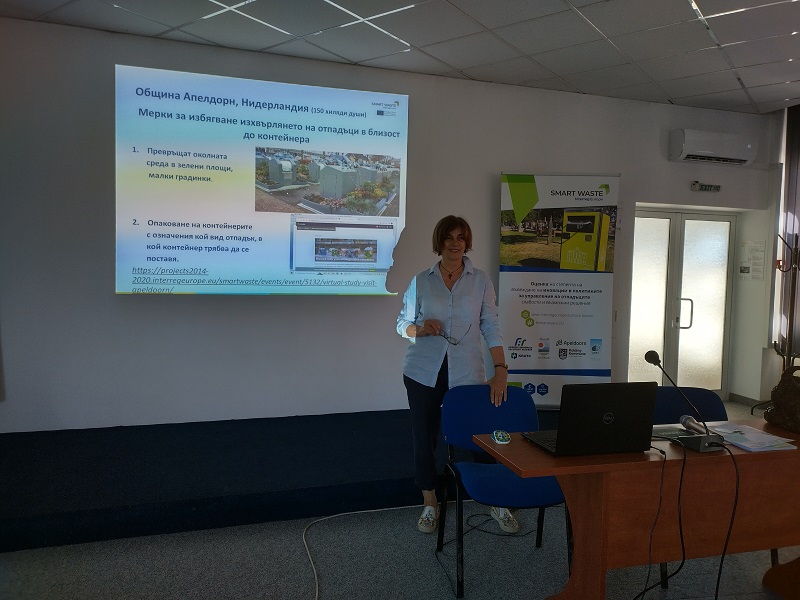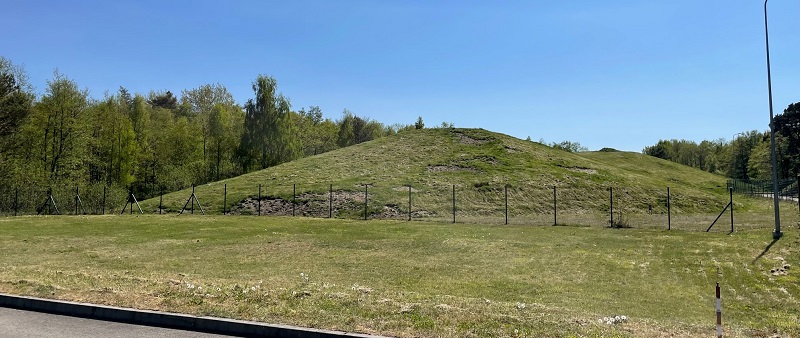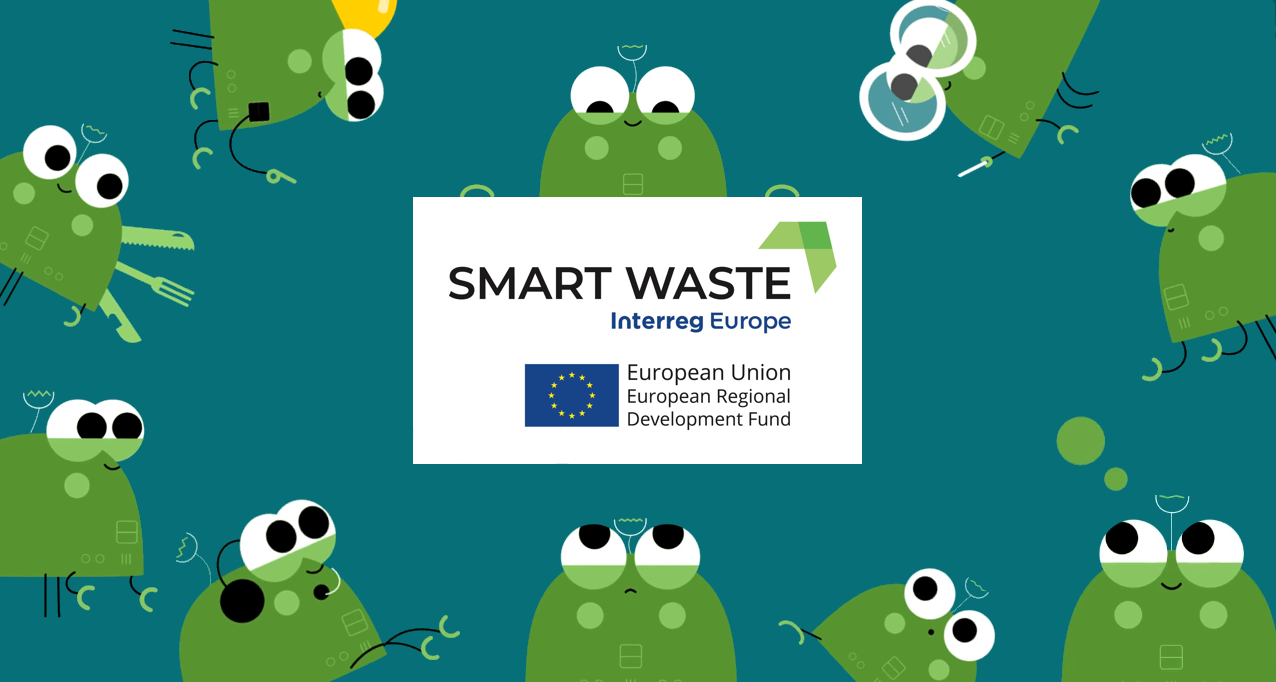The European Environment Agency (EEA) released a new report entitled Progress towards preventing waste in Europe — the case of textile waste prevention.
The Report underlines that, although waste prevention is the first step in the waste hierarchy (as established by the Waste Framework Directive), both the EU as a whole and many individual members still show no relevant progress in decoupling waste generation from economic growth. Moreover, it observes no evidence of a link between the adoption of Waste Prevention Programmes (WPPs) by countries in 2013 and the amount of waste generated. Regarding WPPs of individual countries, the Report highlights that in mid-2021, 10 out of the 32 countries examined did not have a WPP in place, although all EU Member States had had one in place earlier. This could be explained in a way that in many countries WPPs have been integrated into Waste Management Plans or Circular Economy Strategies, for synergetic effects. In terms of figures, waste generation, excluding major mineral wastes, increased by 5.2 % between 2014 and 2018 in the EU.
To address this overall failure, the EEA has suggested introducing of quantitative prevention targets at the EU level, including measures and indicators, driven by the objective of fulfilling the target. As regarding the textile waste, the EEA underlines that this waste stream, which is fast-growing and environmentally impactful, would benefit greatly from waste prevention measures. According to the data presented, the average European generates approximately 11 kg of textile waste annually. The EEA goes on by suggesting measures for the prevention of textiles waste such as reducing consumption, eco-design and ultimately reuse.
The recent Roadmap of the EU strategy for sustainable textiles is also an important reference document on this topic.
Last but not least, the Waste Framework Directive, as amended by Directive (EU) 2018/851, establishes a legal obligation for Member States to set up separate collection for textile waste by 1 January 2025, posing a new challenge for the SMART WASTE partners to support innovation in textile waste management in their territories.
